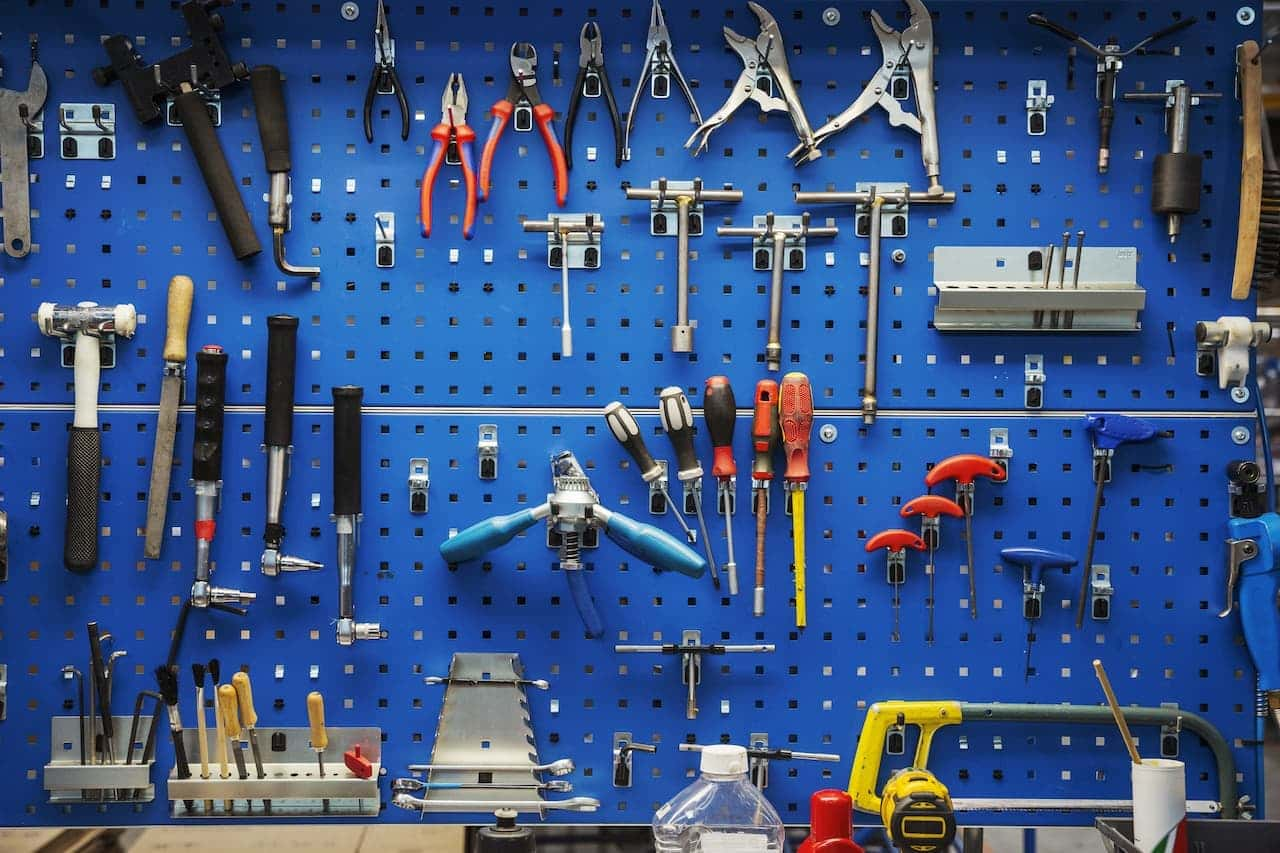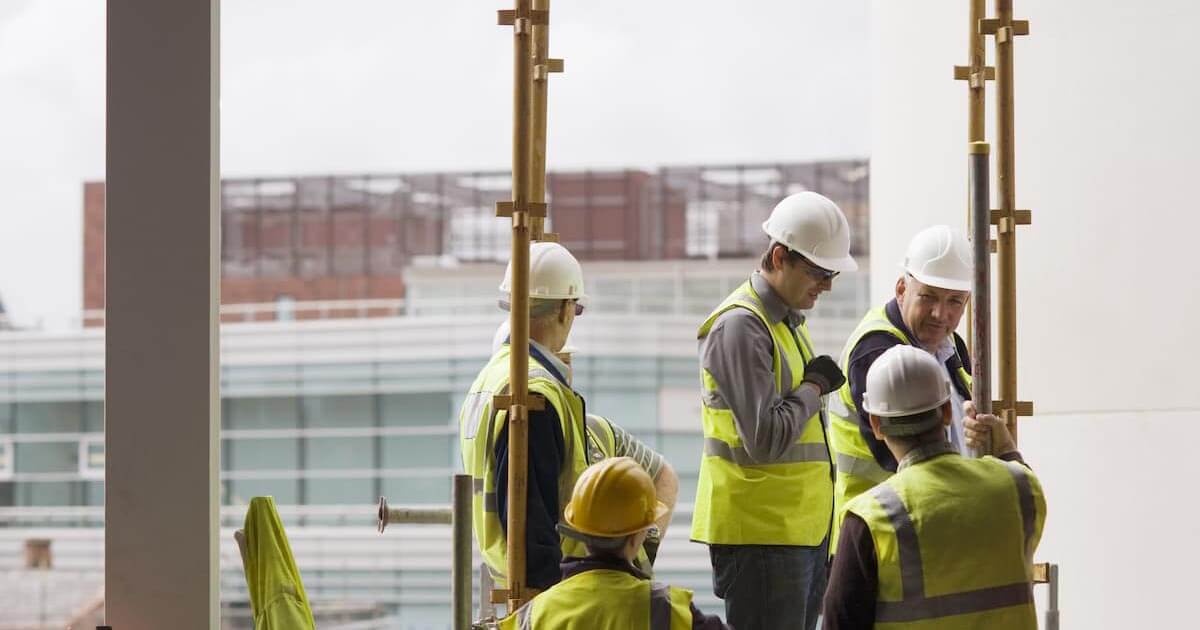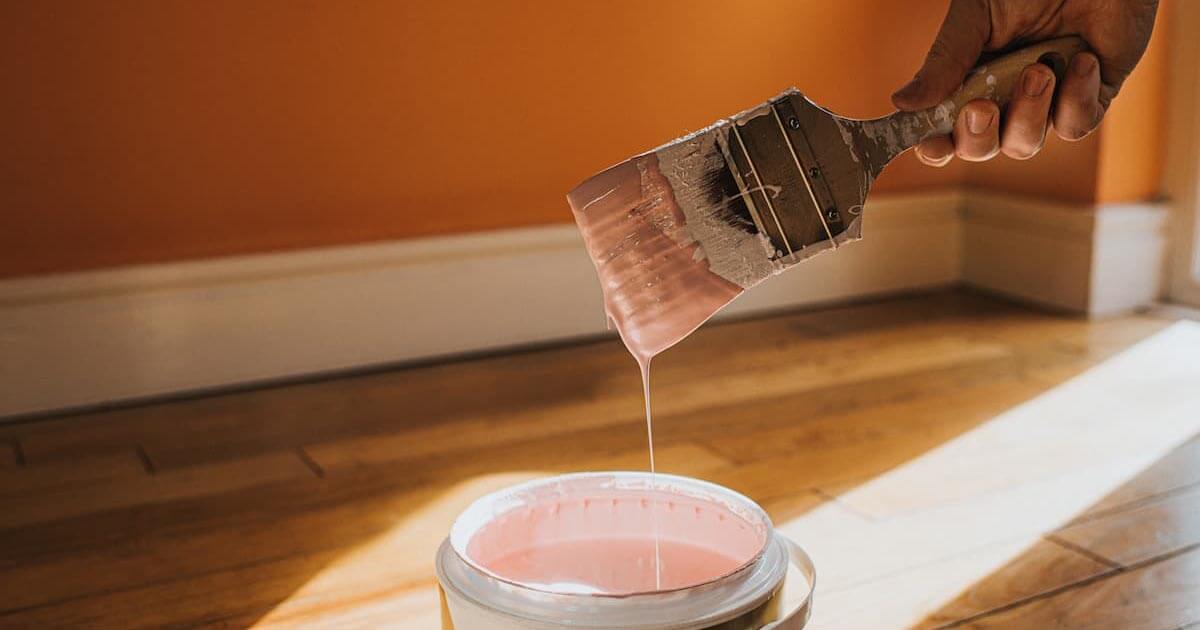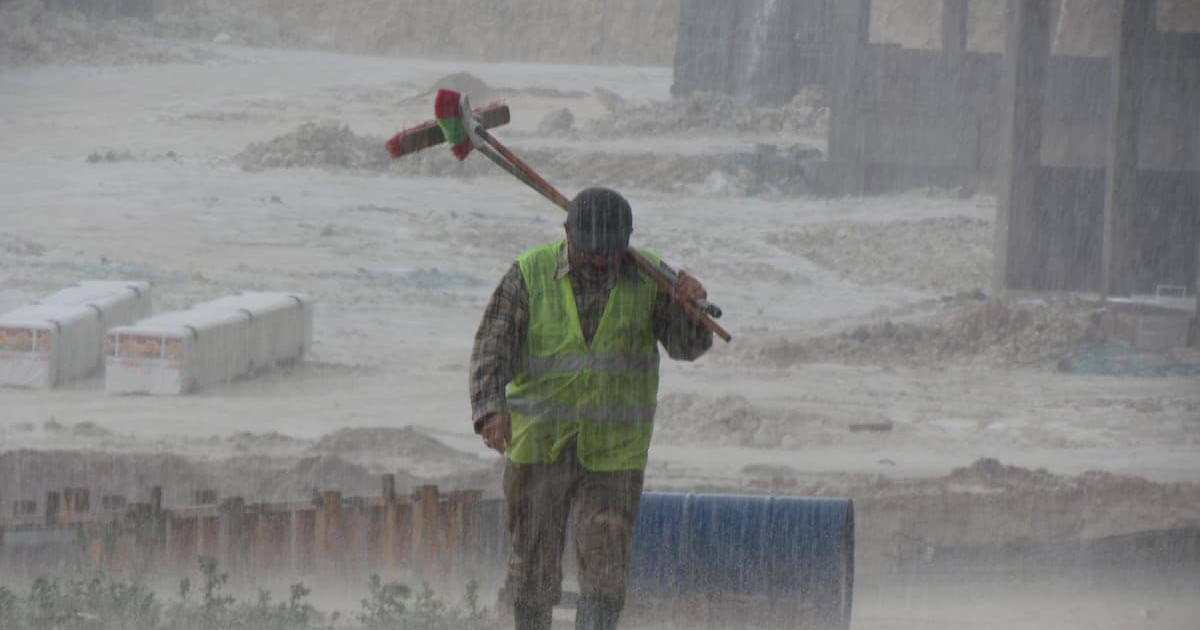Insight from the managing director of Simmons Construction
Being able to spot not just what tools need replacing, but when they need replacing is difficult, so we have provided some guidance below.
We also got in touch with Tony Simmons, Managing Director of Simmons Construction in Thornton, Lancashire, who spoke to us about how his company manage their tools.
When it comes to his company investing in tools, Tony said “We look to invest around 2 or 3 months before our year end, as this allows us to take a look at our profits and see what we will be able to invest for the follow year. Our year end falls in April, so depending on our levels of profit, we can sometimes invest as early as December, which is brilliant because we can often pick up tools in the sales. Any exceptions to this rule will be for emergency replacements”.
How to spot faults in your tools
Inspection
If you have had your tools for a long time, you will know how they looked in their peak condition. Regular visual inspection of your tools will allow you to see signs of deterioration from regular use. Faults might be easy to spot, such as broken blades on saws or rusted metal parts, but there could also be faults not so easy to find, such as dulled edges or worn parts on power tools. Make sure that you also know how to inspect your tools so that you know the signs of deterioration.
Tony told us about his experience with spotting signs of wear on tools, explaining “We employ quality time served tradesmen, so they take great pride in their personal tools and equipment. They will notice wear and tear, which is addressed straight away. The company tools are maintained by one person who has control over the condition of the tools, so in a nut shell, it is very easy to spot signs of wear”.
Quality of work
If you have noticed that your projects are decreasing in quality, or that it is taking you longer to perform certain tasks, such as sawing wood, it may be because your tools have deteriorated. A dulled chisel may cause wood to split wrongly, broken saw teeth may not cut properly and power tools may not be performing at their optimum level.
Not only will you notice a decline in performance from faulty tools, they can also be unsafe to use. Dulled tools can cause wood, stone or metal to splinter rather than cut neatly, possibly throwing debris towards your eyes, nose or mouth.
Keep track of your tools
Keep receipts so that you know exactly how long you have had tools for, as this will give you a rough idea of when you may need a replacement. If you have had your tools for longer than 5 years, it may be time to splash out on some newer equipment, as advances in technology have allowed for more efficient tools.
If you implement a tracking system for your tools, you could see how long they have been used for, and schedule in reminders to check their quality after a set amount of usage hours.
Power tools
It can be difficult to inspect power tools for damage as most of the parts which could be faulty are inside the tool itself, so unless you have some experience with electrics, you may not know where to start, and it could be dangerous to try to make any fixes yourself.
Cuts or breaks in the cable might be easy to see, but if there is a problem with the wiring then it may be better to have an experienced repairer take a look.
If the tool is beyond repair, or not worth your time or money to have it repaired, make sure that you dispose of it safely, unless you can pass it on to someone who is capable of fixing it
Saws or blades
If your work requires you to cut or shape your products, you will need to use a good quality blade to make sure that the cuts are clean and of good quality.
Experiencing resistance when trying to cut through metal or wood or difficulty cutting in lines or if there are unpleasant and unusual sounds coming from your power tools may be a sign that your blades may be starting to dull. If this is the case the likelihood is that you will need to replace your blades.
If your saw is getting too hot or you notice burn marks on wood, your blade may have lost its coating which allows the metal to withstand the heat produced when sawing. This may mean it is time to replace your blades, so make sure that you inspect the quality of the equipment that you are using.
Repair or replace
If you have a particular tool that you enjoy using, you may prefer to have it repaired rather than look for a replacement. Use the 50% system to work out if it is worth paying for a replacement, or whether it makes more sense financially to have your tool repaired. For example, if a new hammer costs £15 to buy new, don’t pay any more than £7.50 to have your current hammer repaired.
This is, of course, a general guidance, so consider other factors when looking to replace equipment. You may have had 5 years use of your tool, in which time better tools may be available at a lower cost.
On the subject of repairing or replacing tools, Tony commented “Hand tools only have a certain life span, and trades people like the latest models so tools are likely to be replaced fairly regularly; usually every year or other year. If there was an issue before then, we would hope that a warranty would cover the repair or replacement. We also have larger items that we see as an investment, so these kind of items would be repaired rather than replaced”.
Tony Simmons biography
Contractor insurance with Premierline
There is a huge amount of diversity in the world of contractors, which is why it is important to have a contractor policy that fits your business. Our insurance experts are trained to advise you on the perfect insurance cover to fit your company.
Get in touch with our team to receive a competitive, no obligation quote.


















